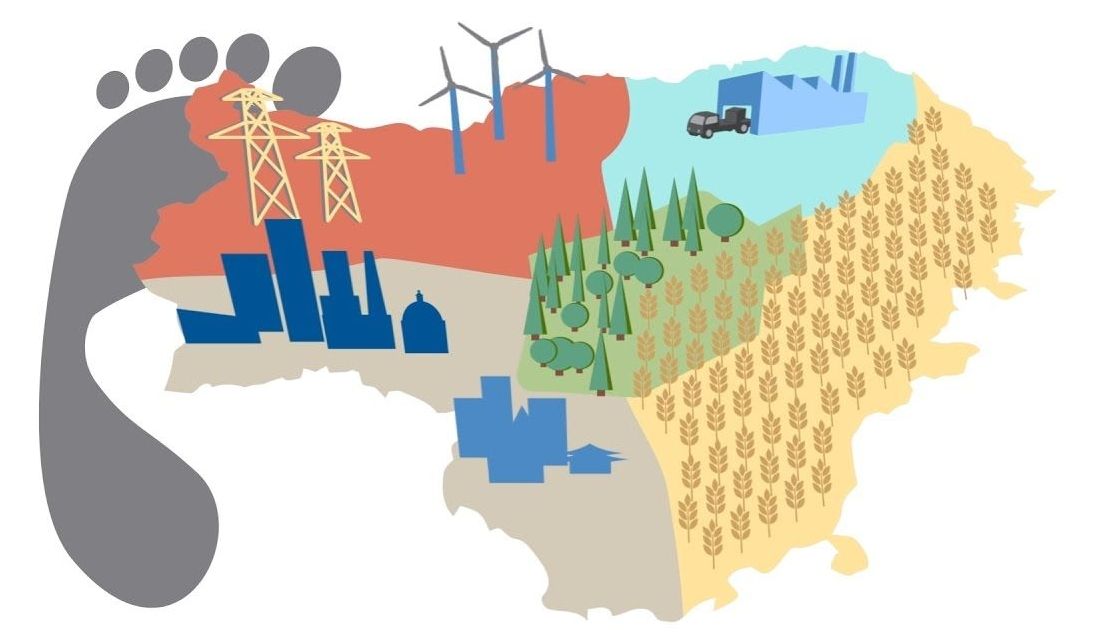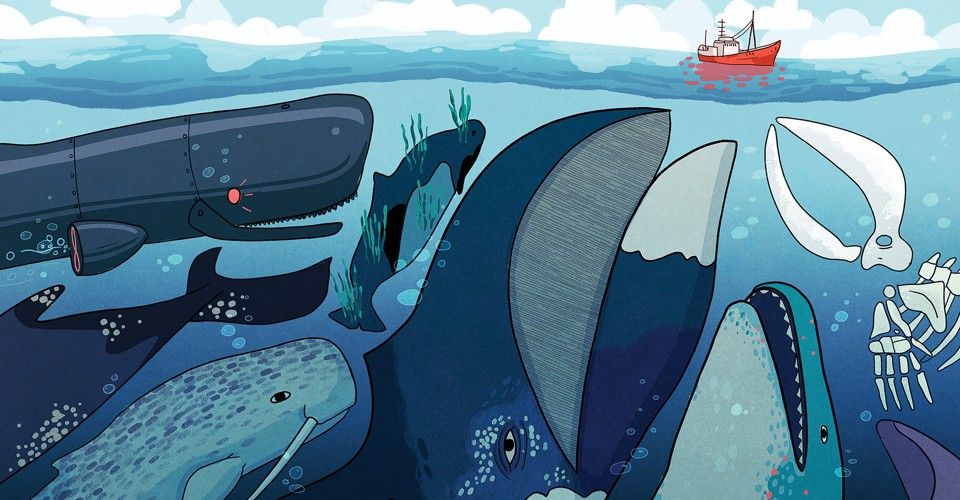Page 9547
Jul 31, 2018
Hong Kong Subway Study Shows How Quickly Bacteria Travel Across a City
Posted by Genevieve Klien in categories: biological, transportation
If you’re one of the billions of people worldwide to use mass public transit regularly, you’re sharing a lot more than a commute with your fellow passengers, suggests a new study published Tuesday in Cell Reports. You’re also sharing and swapping the teeming microbes that call our bodies home.
Researchers in Hong Kong—home to a public transit system that services 5 million commuters every day—recruited volunteers for an unique experiment. Over the course of several days, volunteers were asked to ride one of eight subway lines on the Hong Kong Mass Transit Railway system during the morning and evening rush hour. Before they boarded, they washed their hands, and once on board, they made ample use of the handrails. After they spent 30 minutes on the train, they exited and had their palms swabbed by researchers.
Jul 31, 2018
How To Overthrow A Scientific Theory In Three Easy Steps
Posted by Genevieve Klien in category: futurism
The hallmark of a good scientist is changing your mind when new evidence arises. Here’s what that looks like.
Jul 31, 2018
Is Bitcoin Erasing 300 years of Monetary Evolution?
Posted by Philip Raymond in categories: bitcoin, cryptocurrencies, economics, finance, government, innovation

 Today, economist and Nobel laureate, Paul Krugman, wrote in the New York Times, that Bitcoin is taking us back 300 years in monetary evolution. As a result, he predicts all sorts of bad things.
Today, economist and Nobel laureate, Paul Krugman, wrote in the New York Times, that Bitcoin is taking us back 300 years in monetary evolution. As a result, he predicts all sorts of bad things.
A significant basis for Mr. Krugman’s argument is that the US dollar has value because men with guns say it does.
Is Bitcoin erasing 300 years of monetary evolution?
Running with the metaphor that fundamental change to an economic mechanism represents ‘evolution’, I think a more accurate statement is that Bitcoin is not erasing the lessons of history. Rather, it is the current step in the evolution of money. Of course, with living species, evolution is a gradual process based on natural selection and adaptation. With Bitcoin, change is coming up in the rear view mirror at lightning speed.
Continue reading “Is Bitcoin Erasing 300 years of Monetary Evolution?” »
Jul 31, 2018
Teenager Finds Classical Alternative to Quantum Recommendation Algorithm
Posted by Bill Kemp in categories: computing, information science, quantum physics
18-year-old Ewin Tang has proven that classical computers can solve the “recommendation problem” nearly as fast as quantum computers. The result eliminates one of the best examples of quantum speedup.
Jul 31, 2018
Laser-blasted graphene boosts capacity of sodium-ion batteries
Posted by Bill Kemp in category: materials
Lithium-ion batteries are effective, but they can be a bit on the expensive side. Striking a balance between common materials and efficiency is important, and regular old salt looks like it could fit the bill – after a few kinks are ironed out. Now, researchers at King Abdullah University of Science and Technology (KAUST) have developed a way to make “disordered” graphene that can help improve the sodium-ion battery recipe.
Jul 31, 2018
Yes, humans are depleting Earth’s resources, but ‘footprint’ estimates don’t tell the full story
Posted by Bill Kemp in category: economics

Experts widely agree that human activities are harming the global environment. Since the Industrial Revolution, the world economy has grown dramatically. Overall this is a success story, since rising incomes have lifted millions of people out of poverty. But it has been fueled by population growth and increasing consumption of natural resources.
Rising demand to meet the needs of more than 7 billion people has transformed land use and generated unprecedented levels of pollution, affecting biodiversity, forests, wetlands, water bodies, soils and air quality.
Jul 31, 2018
Life Extension Is Not Selfish
Posted by Nicola Bagalà in categories: biotech/medical, life extension
A discussion about why life extension isn’t selfish.
The topic of life extension is much more debated these days than before. As a result, more people who are not in the field talk about it, and they don’t always do so in praising terms. Articles written by outsiders tend to be conservative at best and fear-mongering at worst, mainly focusing on the potential downsides of life-extending technologies without paying much attention, if any, to the benefits, as if there weren’t any to begin with.
One accusation that is often thrown at life extensionists is that they would be selfish for wanting to extend their lives. It is all too easy to say that all that life extensionists think about is their own benefit while disregarding the common good, but it’s not too difficult to see how this is entirely wrong.
Jul 31, 2018
Coordinated ocean energy efforts herald a new industrial sector
Posted by Bill Kemp in categories: energy, sustainability
Despite its remaining mystery, the ocean is a complex working environment, widely used for fishing, shipping and recreation; but so far largely untapped for energy generation. OCEANERA-NET seeks to give the industry the boost it needs.
The European Union coastline runs to around 66 000 kilometres. This vast stretch holds a largely unexploited potential for ocean generated electricity, calculated to be around 380 GW by DG MARE (the EU Directorate responsible), constituting a significant contribution to the EU’s 2020 targets for renewable energy.
Presently, there are a number of Member States funding research and development into ocean energy technology. However, these efforts are not coordinated and so not the game-changers they could be.
Continue reading “Coordinated ocean energy efforts herald a new industrial sector” »
Jul 31, 2018
Designing a ‘solar tarp,’ a foldable, packable way to generate power from the sun
Posted by Bill Kemp in categories: business, solar power, sustainability, transportation
The energy-generating potential of solar panels – and a key limitation on their use – is a result of what they’re made of. Panels made of silicon are declining in price such that in some locations they can provide electricity that costs about the same as power from fossil fuels like coal and natural gas. But silicon solar panels are also bulky, rigid and brittle, so they can’t be used just anywhere.
In many parts of the world that don’t have regular electricity, solar panels could provide reading light after dark and energy to pump drinking water, help power small household or village-based businesses or even serve emergency shelters and refugee encampments. But the mechanical fragility, heaviness and transportation difficulties of silicon solar panels suggest that silicon may not be ideal.
Building on others’ work, my research group is working to develop flexible solar panels, which would be as efficient as a silicon panel, but would be thin, lightweight and bendable. This sort of device, which we call a “solar tarp,” could be spread out to the size of a room and generate electricity from the sun, and it could be balled up to be the size of a grapefruit and stuffed in a backpack as many as 1,000 times without breaking. While there has been some effort to make organic solar cells more flexible simply by making them ultra-thin, real durability requires a molecular structure that makes the solar panels stretchable and tough.
















